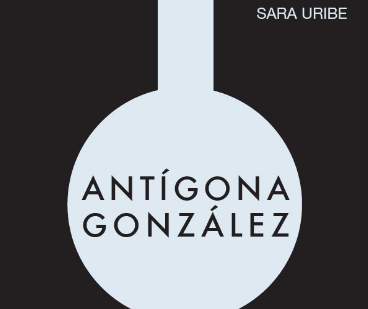This week, our editors-at-large interview an Indian translator to better understand the local impact of international prizes, report on the opening of an Umberto Eco-inspired bookstore in Bulgaria, and celebrate a major 20th-century writer in Mexico. Read on to find out more!
Sayani Sarkar, Editor-at-Large, reporting from Kolkata
The literary community in India has been celebrating this week because Heart Lamp, written by Banu Mushtaq and translated from Kannada by Deepa Bhasthi, has won the 2025 International Booker Prize. This marks the second time that a book translated from an Indian language has received this prestigious award. The first was Tomb of Sand by Geetanjali Shree, translated by Daisy Rockwell, which won in 2022. Anton Hur, one of the judges this year, described Heart Lamp as “daring, textured, and vital.” I wanted to find out how the book has been received in the translation community in India, so I briefly spoke with Sayari Debnath, a culture journalist at Scroll and a translator from Bengali and Hindi to English.
I asked her how the translation of Heart Lamp stands out to her compared to other recently translated books in various Asian languages. Sayari mentioned that she was quite surprised by the translation when she first read the book. “There are plenty of phrases that were translated literally and Deepa Bhasthi chose to retain some of the Kannada words too,” she said. “It took some time to get used to but as I read on, I realised what it was doing to my own tongue – there was a “chataak” in the language, or what one could also call spice/sourness/pungency. My mouth was imbued with a flavour I couldn’t really place. I thought that was quite an interesting feeling. However, I did tell Deepa that at first, I wasn’t sure about what she was trying to do. She told me she ‘translated with an accent’ — that’s new, I think.” READ MORE…



